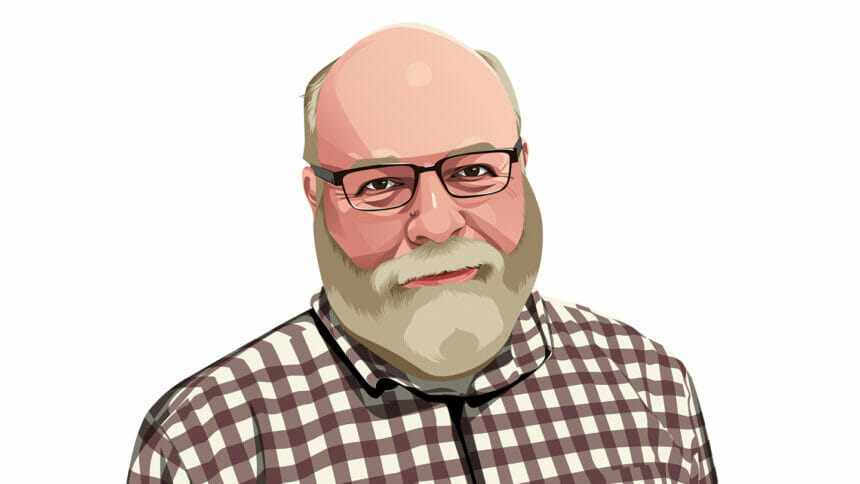
A blinding flash of light. A soul-shattering explosion. A towering mushroom cloud raining radioactive debris. The end of the world? No, just a movie about what could have been the end of the world — and might turn out that way yet.
I saw “Oppenheimer” at the IMAX, and the images and sounds are still ravaging my brain and ears. Especially the scientist’s famous words, quoting from the Bhagavad Gita, as he watched the sky fill with fire, “Now I am become death, the destroyer of worlds.”
I’m not here to inveigh about whether Robert Oppenheimer, director of the Manhattan Project’s Los Alamos Laboratory during World War II, should have built the first atomic bomb, or the morality of dropping it.
But I do have a question: Where was someone like him when our fragmented, inefficient, overregulated excuse for a long-term care system was being devised? Where’s our Oppenheimer for today?
In that crucial moment, as war raged with the outcome very much in doubt, we marshaled every expert and resource in this country, public and private, academic, political and military, to work toward a single cause.
But once the world was saved, never again did we harness our prodigious national fortitude and brain power to solve any looming crisis, including protecting and preserving our vulnerable seniors. The pursuit of a COVID-19 vaccine came close, but even that was undermined by poisoned politics and societal fractures.
Now as the pandemic fades, the long-term care profession is faced with a swell of baby boomers and deep challenges far outside its control that once again require a sense of national purpose and resolve. Oppenheimer’s team didn’t produce the bomb by relying on scattered scientists working alone, and the demands of caring for so many seniors can’t continue to be approached piecemeal at an uninspired scale.
Only a Manhattan Project for seniors that spans their entire spectrum of care, one that brings together our country’s greatest minds and most inspiring leadership, can ensure the enduring healthcare system they deserve.
This initiative, too, might require an unsettling explosion of the status quo, but one that saves lives this time. And as a nation we’ll be able to say with pride, rather than regret, “Now we have become life, the preserver of worlds.”
From the September 2023 Issue of McKnight's Long-Term Care News




